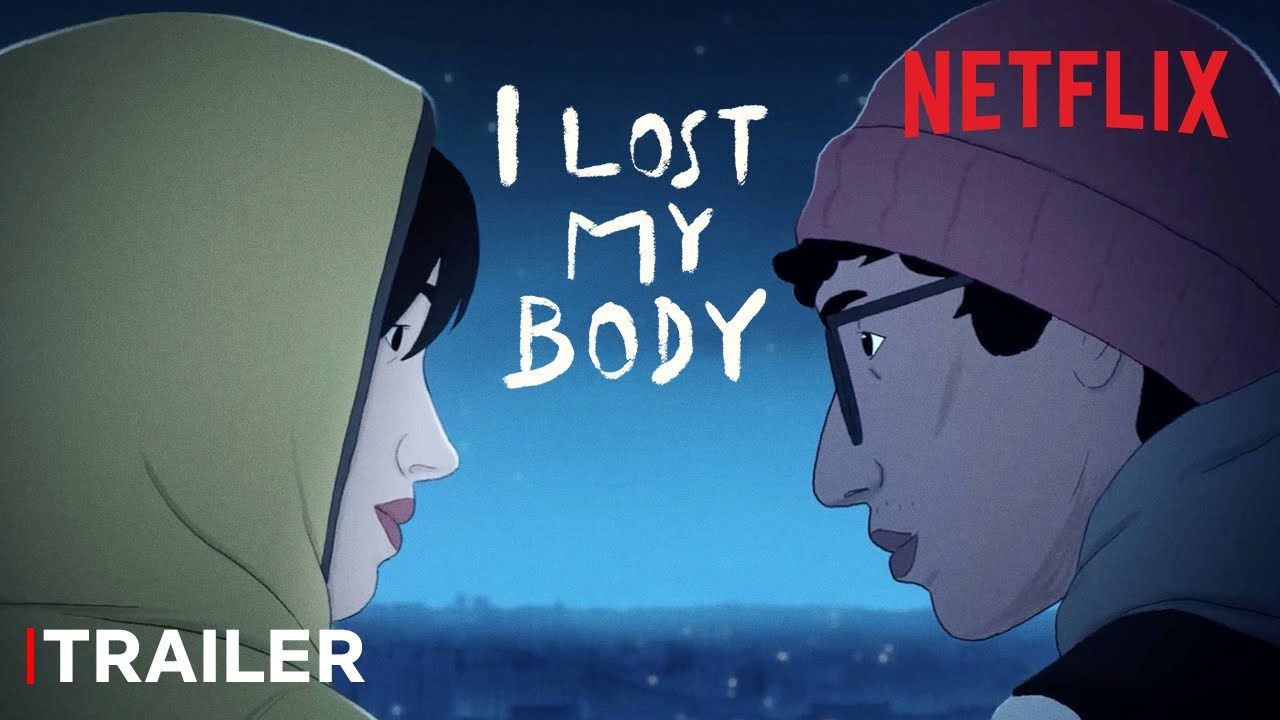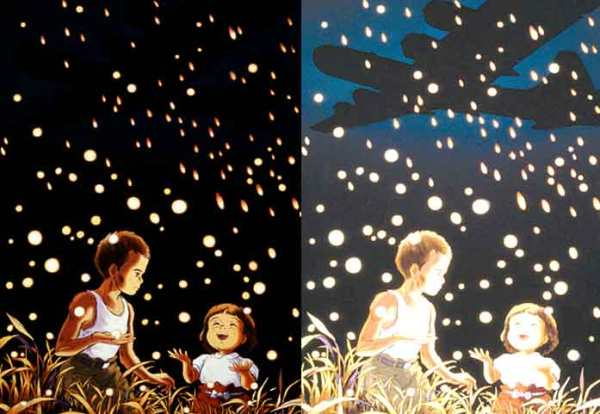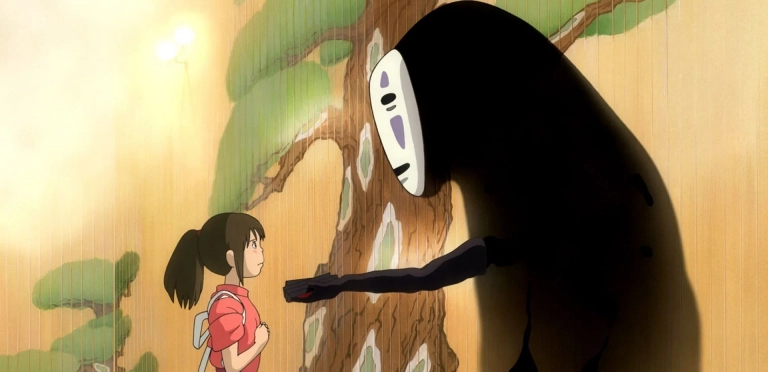NOTE: CONTAINS SPOILERS
“Sometimes you win, sometimes you lose—that’s life.”
I Lost My Body (original French title: J’ai perdu mon corps) opens with the image of a fly—a potent metaphor for fate that buzzes through the film from start to finish. Before diving into the main story, we’re whisked into a flashback: a young boy learns from his father how to swat a fly. The father calmly instructs him to predict the fly’s next move and strike, rather than aiming where it lands—because it’ll never stay put. The boy swings and misses repeatedly, prompting his father’s gentle wisdom: “Sometimes you win, sometimes you lose—that’s life.” From these early frames, the film lays bare its message about destiny, with the fly and a severed hand weaving a thread that ties the entire tale together.
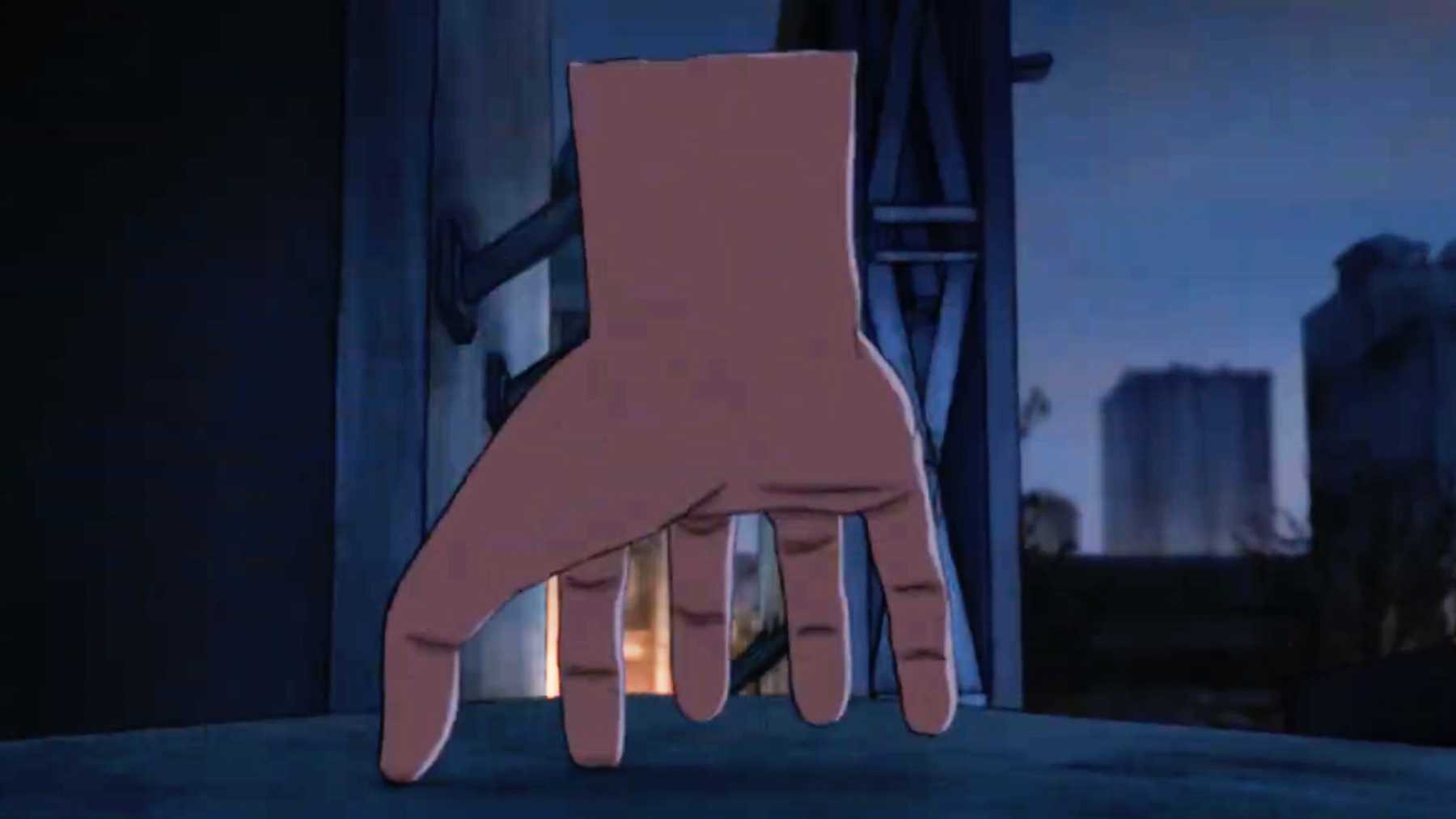
Two Parallel Paths
The narrative then splits into two intertwined strands. The first follows a severed hand escaping a hospital, scrambling through perils to reunite with its body. The second, linked to the first through the hand’s every twitch and sensation, traces Naoufel’s life—from childhood to adulthood.
These dual stories—one present, one past—interweave seamlessly, bound by imagery and emotion. They cast the pain of the present against the shadows of the past. In the hand’s journey, we witness a physical loss—an extraordinary struggle as it braves rats gnawing at it, ants swarming, submersion in water, and a dog’s jaws, all to reclaim its missing whole. In Naoufel’s tale, the loss is spiritual. Orphaned young after a car accident claims his parents, he drifts through a hollow, lonely existence, failing at everything he touches.
A Spark Amid the Dark
A turning point arrives when Naoufel, now a pizza delivery boy, meets “Mrs. Martinez” over an intercom. Her voice—gruff at first—marks the start of his worst day yet. But then it softens, showing care and empathy. Naoufel falls for that voice and sets out to find the girl behind it, the one he believes could be his soulmate.
For a fleeting stretch, Naoufel’s life brightens as he spends time with her. But when she learns he orchestrated their meeting, she walks away, plunging him back into despair and isolation. In a reckless moment, he tries to catch a fly while operating a saw at the woodworking shop—and disaster strikes.
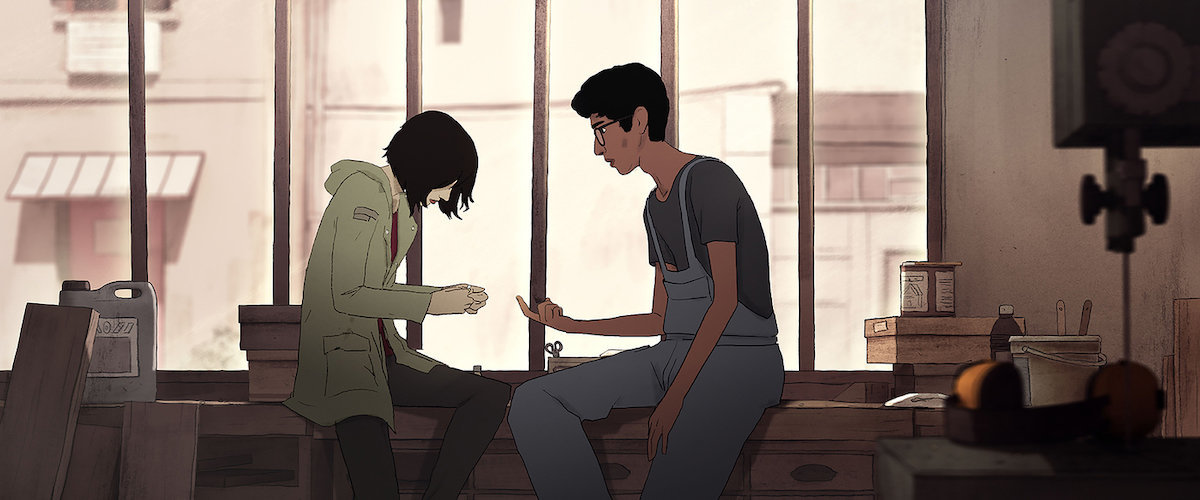
A Hand With a Heart
The film’s emotional heft isn’t just in its intertwined plots but in the severed hand itself—a silent character brimming with unspoken depth. Its inner turmoil mirrors Naoufel’s, as if it is Naoufel. While he chases lost love and meaning—things that were never truly his—the hand, more pitiable, seeks what once was part of it: its body.
So which pain cuts deeper—losing your flesh or your soul? By the end, Naoufel chooses life over surrender, rising despite love’s absence. The hand, too, lets go of its quest, realizing it can’t return to what was, fulfilling its role as a guide. From a story steeped in loneliness, gloom, and darkness emerges a faint dawn of hope.
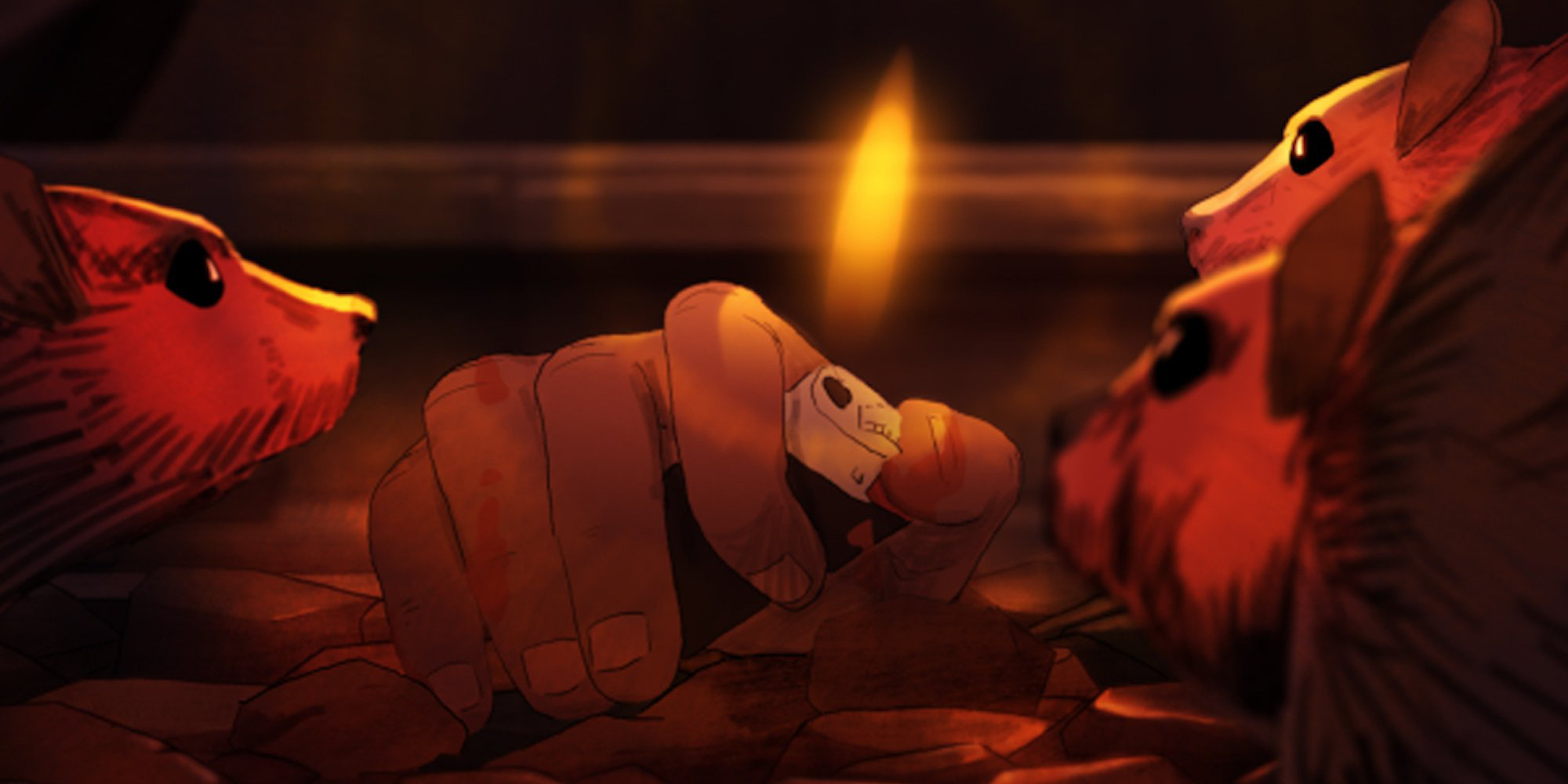
Artistry in Motion
I Lost My Body dazzles with its animation—stunning and faintly Japanese in style, though it’s a French production. Perhaps that’s thanks to producer Marc du Pontavice, inspired by Ghibli’s legendary Isao Takahata. The visuals and music are the backbone of its emotional resonance, likely key to its win at Cannes and its potential Oscar nod ahead.
A Mirror to Life
Many turn to death when life disappoints or love crumbles. I Lost My Body offers a fresh lens, showing us the hand’s agony in losing its body. Seeing its struggle and pathos might remind us that our own bodies and lives are the most precious things we have—worth holding onto, no matter what the world throws at us, just as the hand lost its own.
I stumbled across I Lost My Body on Netflix by chance, on a day when I felt low and alone. Drawn in by its premise and visuals, I watched—and was deeply moved. In it, I saw myself. I felt Naoufel’s solitude and failures, and I ached for the hand’s futile search for what it lost. Sometimes, what’s gone can’t be reclaimed. We have to accept it and realize that’s life—sometimes you win, sometimes you lose. That’s just how it is.

